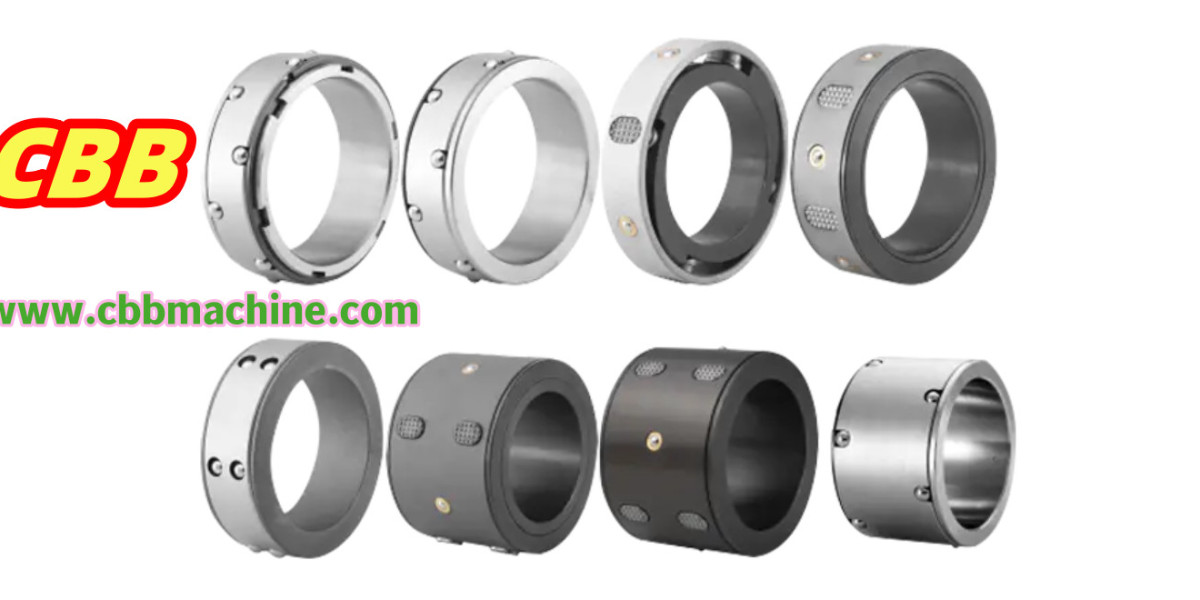Enhancing Production Efficiency with High-Performance Differential Shaft
In modern manufacturing, achieving precise tension control is essential for ensuring high-quality output and efficient operations. A differential shaft is a key component used in web handling systems to regulate tension and optimize material processing. Widely utilized in industries such as printing, packaging, textiles, and film processing, this device helps improve productivity, reduce material waste, and enhance overall stability.
How Differential Shafts Improve Tension Control in Manufacturing
A differential shaft is designed to compensate for variations in material thickness and tension, ensuring uniform web winding and unwinding. It allows for independent adjustment of each core, maintaining consistent tension across multiple rolls. This feature is particularly beneficial in applications where different materials with varying properties are processed simultaneously. By preventing slippage and uneven winding, this component enhances operational precision and minimizes production defects.
Key Benefits of Using a Differential Shaft
Accurate Tension Regulation
Enables precise tension control, reducing material distortion and improving product quality.Enhanced Production Stability
Ensures smooth and even winding, preventing inconsistencies in roll alignment.Long-Lasting Durability
Manufactured with high-quality materials, it is designed to withstand continuous operation in demanding industrial environments.Versatile Industrial Applications
Used in various industries, including packaging, printing, film processing, and flexible materials manufacturing.
Choosing the Right Differential Shaft for Your Industrial Needs
Selecting the right model requires careful evaluation of specific operational requirements. Key factors to consider include:
Load Capacity – Ensuring the shaft can handle the required material weight and tension force.
Precision Adjustment – Choosing a model that allows fine-tuned control for stable performance.
Material Compatibility – Selecting a shaft that works efficiently with different types of materials.
Ease of Maintenance – Opting for a design that allows simple servicing and long-term reliability.
Optimizing Material Processing with Advanced Differential Shafts
As industrial processes continue to evolve, the demand for high-precision tension control solutions increases. The latest advancements in differential shaft technology have resulted in improved accuracy, better adaptability, and enhanced durability. These innovations help manufacturers optimize material processing, reduce operational disruptions, and maintain consistent product quality.
Investing in a well-designed tension control system is essential for businesses looking to improve production efficiency. By incorporating high-quality components into their workflow, industries can minimize waste, enhance operational stability, and achieve long-term success across various manufacturing applications.www.cbbmachine.com







